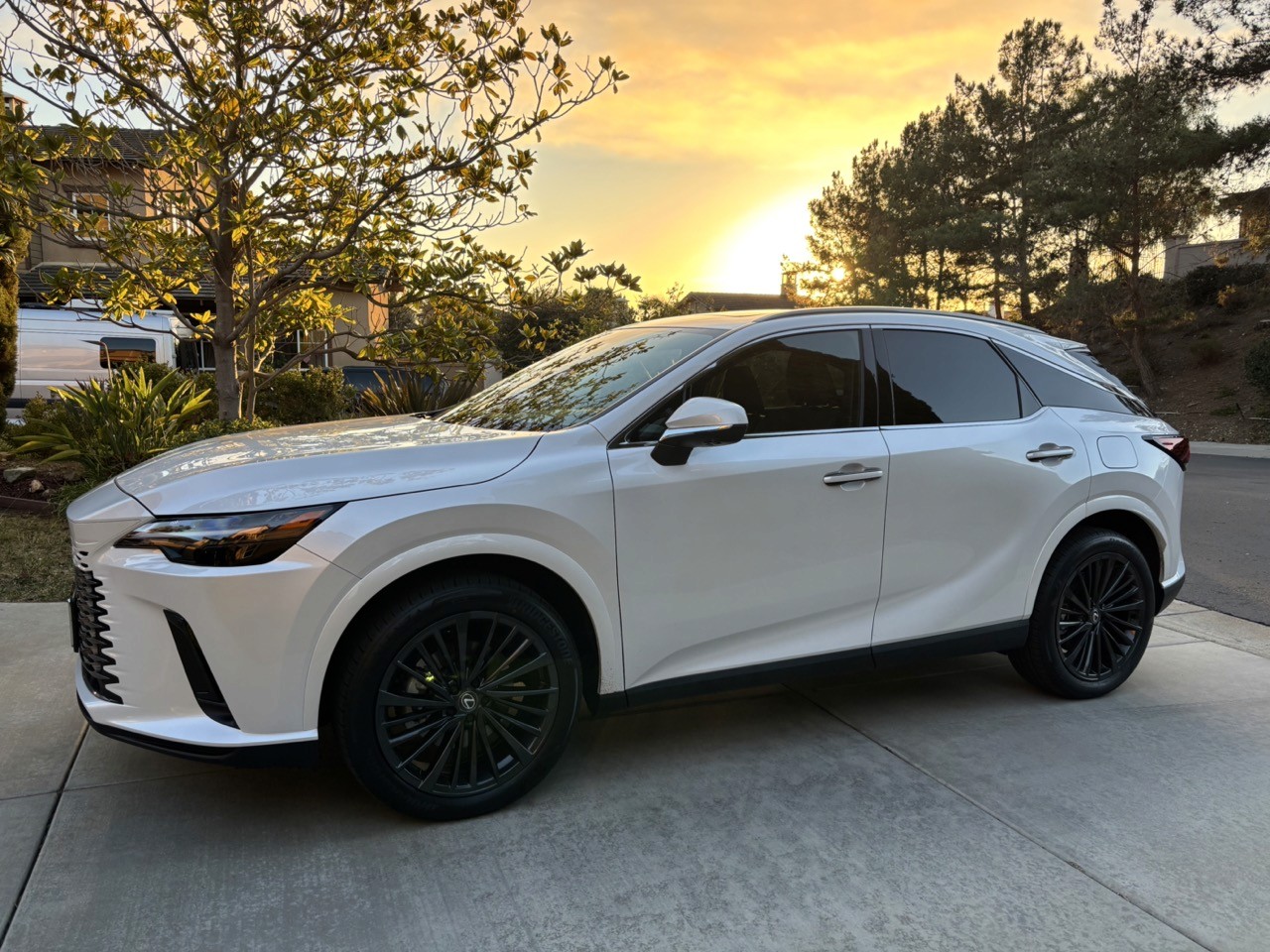
Hydrogen Vehicles: The Forgotten Contender in Green Mobility?
Written By
Lewis C. Smith
Published
Jun 16, 2024
Discover the potential of hydrogen vehicles in the green mobility landscape. Explore their workings, benefits, challenges, and industry leaders.
At a Glance
With the world's attention fixed on electric vehicles (EVs), hydrogen fuel cell vehicles (FCVs) have quietly progressed in the background. Despite numerous challenges, they present a compelling alternative to EVs, particularly in specific markets like California. This article discusses hydrogen technology, its applications in vehicles, and the current state of FCVs.https://www.universityofcalifornia.edu/news/renewable-clean-hydrogen-power-coming-california-heres-what-you-need-know
Introduction
Hydrogen technology, once hailed as the future of green mobility, has found itself in the shadows of its electrified counterparts. As a reference point, last year in the United States over 1 million battery electric vehicles were sold, but only about 3,000 hydrogen fuel cell powered cars were. However, in certain markets, hydrogen fuel cell vehicles may present a viable and eco-friendly transportation option. One such region is California, where a modest but growing network of hydrogen refueling stations exists. Although recent developments, such as Shell's decision to pull out of the California hydrogen market, have put a damper on the potential.
The Hydrogen Technology and Fuel Cell Vehicles
Hydrogen fuel cell vehicles work by combining hydrogen stored in high-pressure tanks with oxygen from the air to generate electricity, which powers an electric motor. The only by-product is water vapor, making FCVs an appealing zero-emission vehicle option.
While it sounds complex, the process
The Case of Toyota
Toyota, a pioneer in the hybrid technology space with the Prius, is a notable player in the FCV market. Their commitment to hydrogen technology is showcased by the Mirai, their flagship FCV. The Mirai embodies Toyota's belief in the potential of hydrogen as a clean, renewable source of energy for transportation. As of this writing, when purchased through a Toyota dealer, a new or used Mirai comes with a fuel card in the amount of $15,000 from Toyota to help offset the cost of hydrogen refueling. In some cases the fuel card can be almost equivalent to the price of the used vehicle.
However, there is a little more we should explore on this topic before you reach out to us wanting to find a new or used Mirai or one.
Advantages of Hydrogen Vehicles
1. Quick Refueling:
Unlike EVs that require extended charging times, FCVs can be refueled in just a few minutes, similar to traditional gasoline vehicles.
2. Zero Emissions:
Like EVs, FCVs are zero-emission vehicles. They emit only water vapor, contributing to a cleaner environment.
3. Range:
FCVs typically offer a greater driving range than most EVs, making them a potentially better choice for long-distance travel. For instance the latest Toyota Mirai can travel upwards of 400 miles on a full tank.
Challenges of Hydrogen Vehicles
1. Infrastructure:
The lack of hydrogen refueling infrastructure is a major hurdle. While areas like California are slowly building up a network, most regions still lack adequate facilities. And frankly with Shell recently announcing that they won't be expanding hydrogen in California, that outlook is less optimistic. For a U.S. view of hydrogen stations, this website can be useful. For California residents, this specific site is more useful as it also discusses planned stations.
If we look at a a recent study from McKinsey, the key takeaway was current EV owners are considering switching back to a gasoline powered vehicle, not because they aren't satisfied with their EV, but because the limited charging network is concerning. Given that, and how few hydrogen fuel stations there are, it seems unlikely even if Mirai and other fuel cell owners raved about their vehicle, the limits of the infrastructure will curtail growth.
2. Production and Storage:
The production of hydrogen fuel can be energy-intensive, and storage can be challenging due to hydrogen's low energy density.
3. Costs:
Hydrogen vehicles are still relatively expensive compared to EVs and traditional vehicles due to high production and fuel costs. The equivalent cost of gasoline when compared to hydrogen is between $5.00 and $8.00. So Hydrogen is harder to find than gasoline and more expensive as well.
Obviously the $15,000 fuel card is a benefit, but long-term the hydrogen fuel cell will cost more to fuel than gasoline and this certainly applies when compared to electric vehicles.
Recommendations
If you live in an area with hydrogen infrastructure, which as of this writing is just the Bay Area of California along with Los Angeles and Orange County, FCVs could be a viable alternative to EVs. If you are a person interested in unique technology and have an interest in joining one of the very few who are part of this hydrogen approach, then perhaps a new or used fuel cell vehicle could be of interest. Bear in mind, that any repairs to the vehicle will need to be done by the local Toyota dealer, and if you move outside of an area with fueling infrastructure the vehicle loses its utility.
Therefore even with the very attractive offers, hydrogen powered vehicles are not practical for consumers today. This is certainly unfortunate, because the technology is appealing and when compared to Battery EVs they are lighter and require less material since the battery is far smaller.
However, there is some hope on the horizon for this technology and it isn't from passenger cars, but from trucking. MIT researchers, led by William H. Green, are developing a cost-effective method using liquid organic hydrogen carriers (LOHCs) to decarbonize long-haul trucking. Their innovative approach involves using LOHCs for both hydrogen delivery and onboard storage, enabling more efficient hydrogen release using waste heat from the truck's engine. This method aims to overcome the significant energy loss and high costs associated with current hydrogen refueling infrastructure. Supported by the MIT Climate and Sustainability Consortium and MathWorks, this research could make hydrogen fuel cell vehicles a viable alternative to diesel trucks globally. And, these trucks will weigh far less than battery electric trucks, which should reduce tire wear etc.
Conclusion
Like the VHS vs. Beta situation in the past, hydrogen technology and EVs represent two competing visions for the future of green mobility. When it comes to passenger vehicles, Battery Electric Vehicles are clearly leading the market and hydrogen powered vehicles are not even a blip on the radar, even in the state of California. Although, when it comes to trucking, hydrogen might find a more realistic avenue.
No matter what vehicle you are considering, feel free to reach out to us and leverage our expertise to help select, negotiate and source that vehicle via our auto broker services. We don't currently engage in the sourcing of long-haul trucks, but perhaps if they move to hydrogen we will want to join the movement as well.













